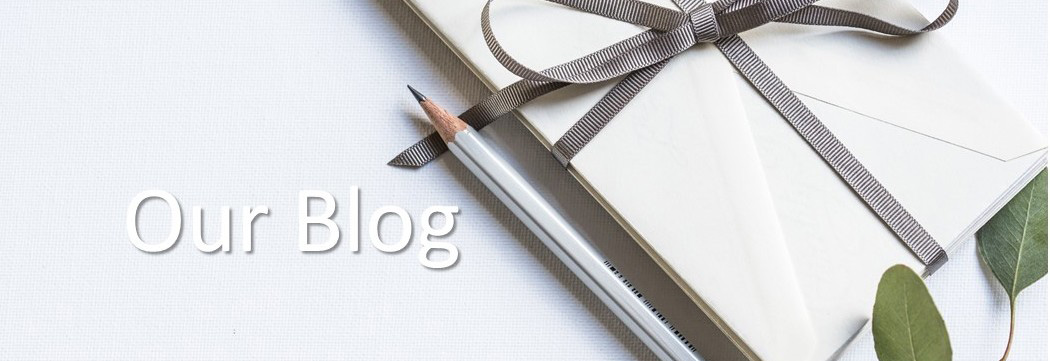
Khushi’s Way to Break the Deep-rooted Stigma
As we look at the history of the “Badi” community, it is a marginalized group in Nepal that has historically faced discrimination on both social and economic grounds and had to endure social stigma and prejudice, which restricted their access to education and basic necessities.
Human trafficking and sexual exploitation have plagued this community for generations. While the world has moved on with time, the Badi community has remained in a dark place.
It has been the norm to entertain men, and prostitution has been their primary source of income for a long time. In fact, part of their tradition is for girls to wear nose pins to symbolize virginity. It signifies that a girl is still a virgin if she’s wearing it. Otherwise, she’s no longer a virgin, so she’s available for sexual activity with men. A novel, Nathiya, written by a Nepali writer, explains everything about the Badi Community.
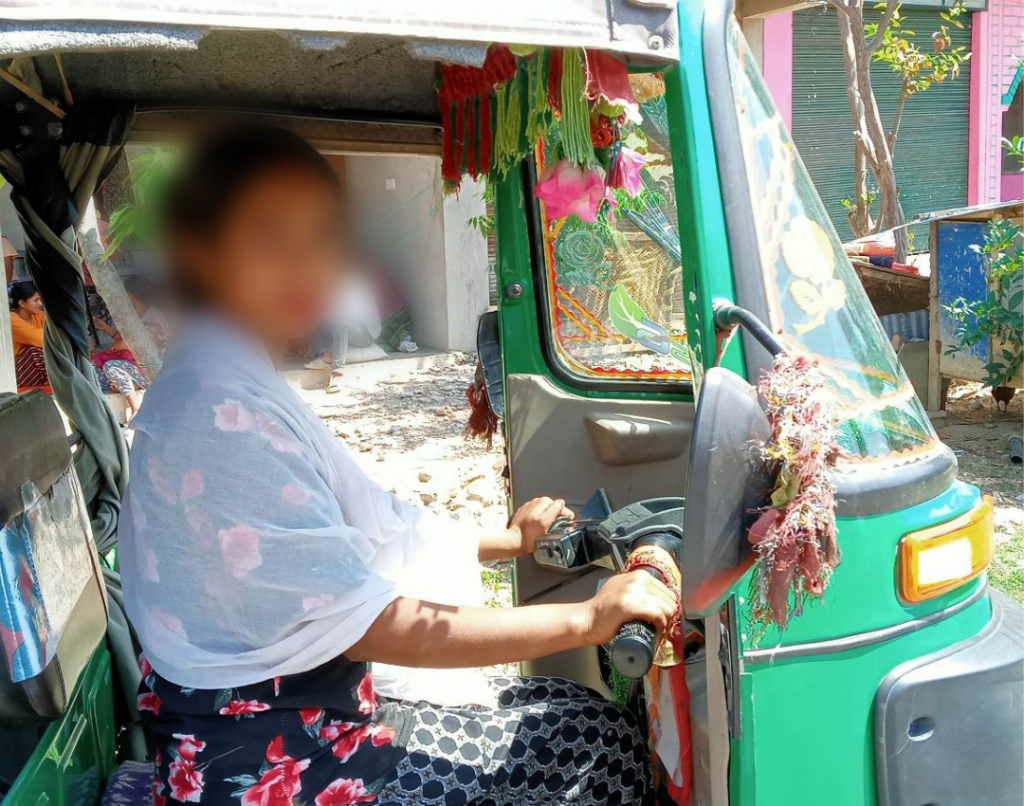
It’s becoming increasingly evident that times are changing, and people are becoming more aware, leading to a new generation being educated to break the deep-rooted stigma that has oppressed them for so long. One such example is Khushi Badi, who joined our My Business My Freedom (MBMF) program in Nepal.
Khushi Badi, a 23-year-old married woman with a daughter, relied on agriculture as her family’s primary source of income. However, she decided to become part of an MBMF women’s group in her village to start a revolutionary step towards independence and raise awareness in her community about human trafficking and crimes like sexual violence.
Khushi took out two loans through the MBMF Program and invested the money in an auto-rickshaw, even though driving an auto-rickshaw has been considered a man’s job by many. Now, Khushi earns a daily profit of Rs 1000 to Rs 1500 ($US 12 to $US 18), proving that women can succeed in any field if they work with competence and honesty.
Khushi believes that: “No caste or religion can stop me from achieving the life my people believe is not for us. I hope to educate my daughter and set an example for my community.” She hopes to educate her daughter and set an example for her community. “Khushi” translates to “happy,” and MBMF is delighted to be a part of her happiness.
WE NEED YOUR HELP
Help stabilize Nepali women with a small business loan. Your donation of US$200 will go a long way. Click on the links below to learn more.
Our Partners

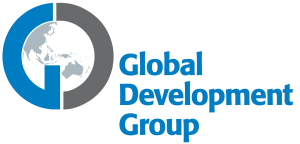
12 May, 2024
EDUCATE GIRLS | END POVERTY | HONOR 1000 - MANILA SLUM PROGRAMManila Slum Project Extends Support to Young Moms
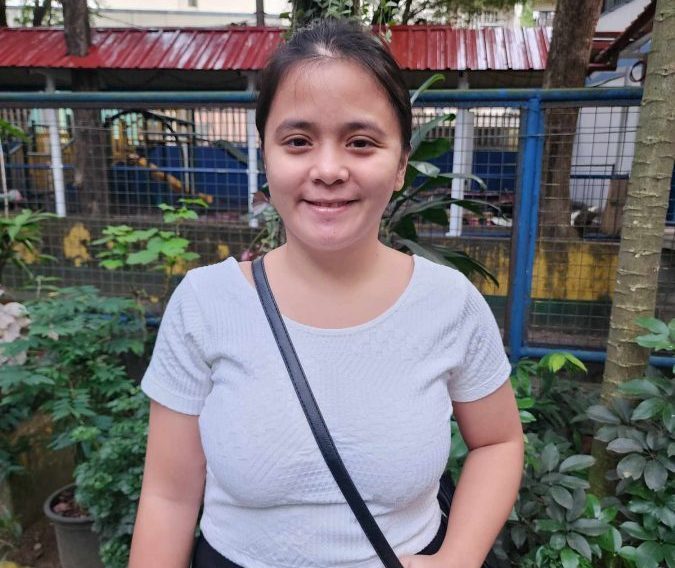
In Manila's busy streets, many children miss out on schooling. But there's hope as we work to change their story.
 25 SHARES
25 SHARES17 March, 2024
END POVERTY | HONOR 1000 - MICRO FINANCE PHILIPPINES | PHILIPPINESBuilding Relationships With 20 New Microfinance Signups
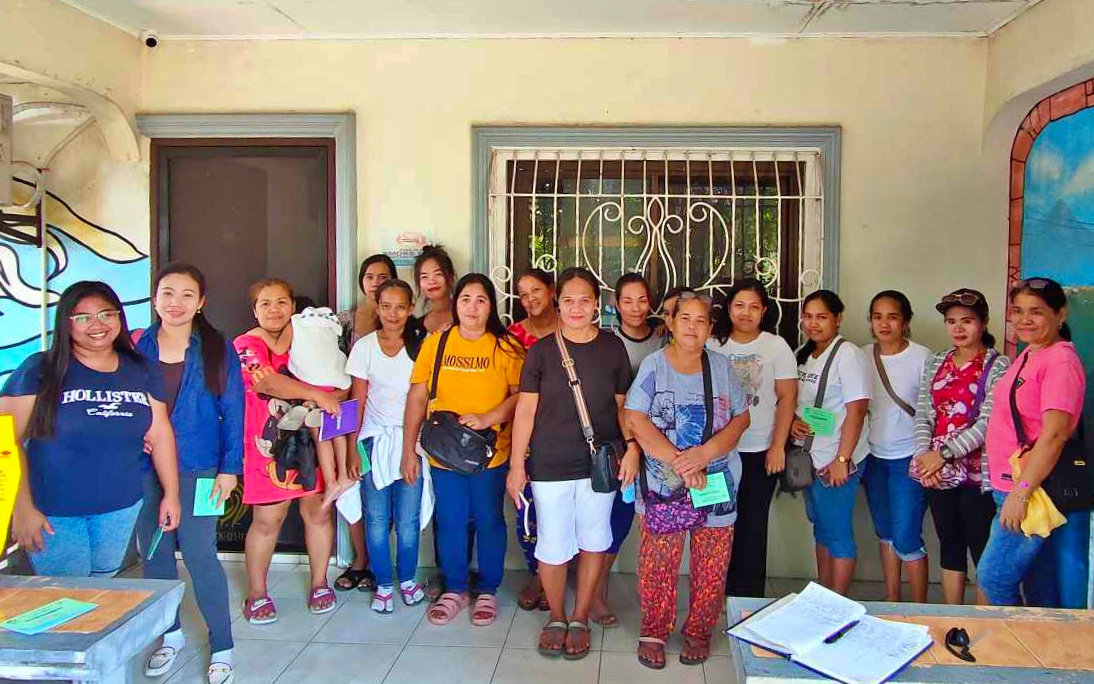
March 8, 2024, is an eventful day for us and our Manila team as we celebrate 20 new signups to our Honor 1000 Microfinance Program!
 59 SHARES
59 SHARES15 February, 2024
CHICKEN FARMING PROJECT | CHINA | END POVERTYChen Erqie Takes Pride in Her "Excellent Breeder" Award
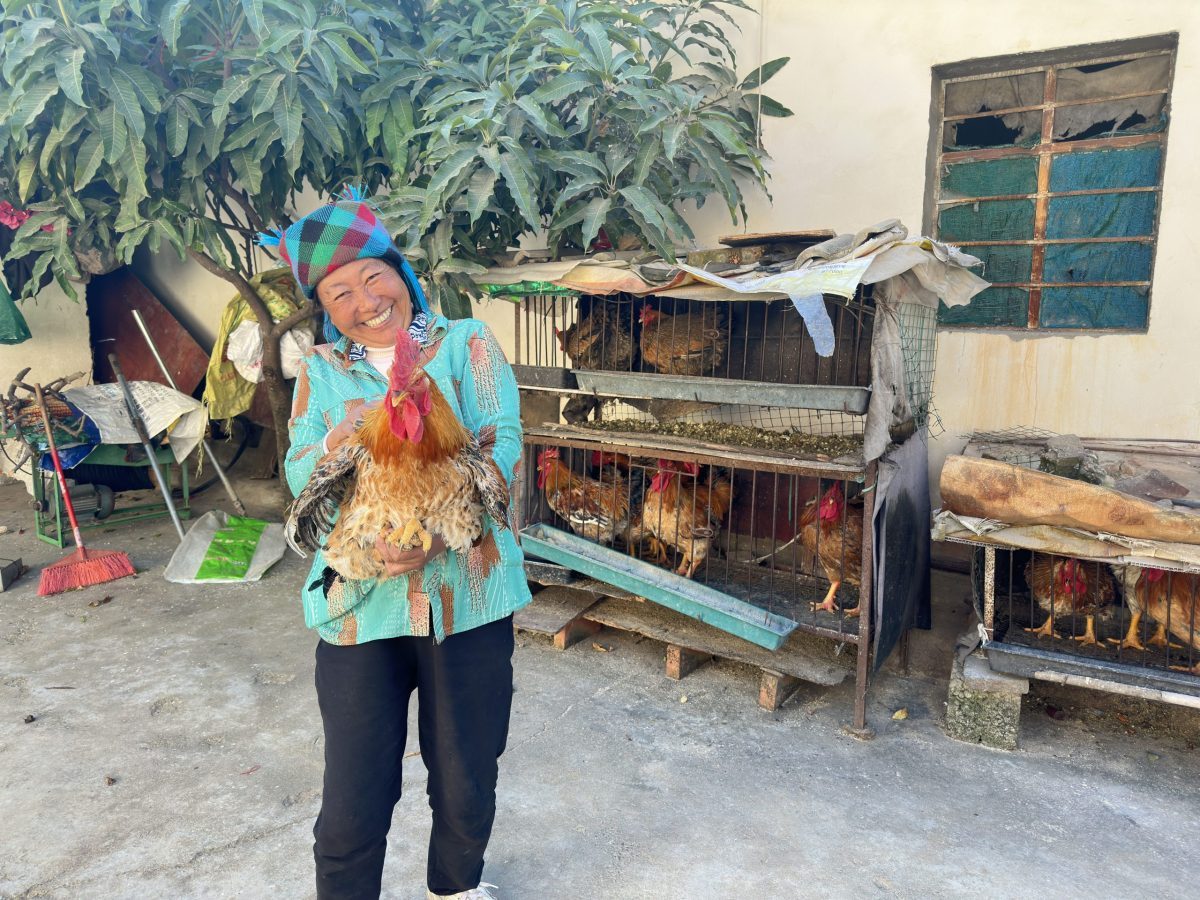
The Chicken Breeding Project in China is dedicated to improve the livelihoods of 90 rural families residing in remote regions of Sichuan, China.
 34 SHARES
34 SHARES31 January, 2024
END POVERTY | HONOR 1000 - MICRO FINANCE PHILIPPINES | PHILIPPINESAppointing Coordinators in our Microfinance Program
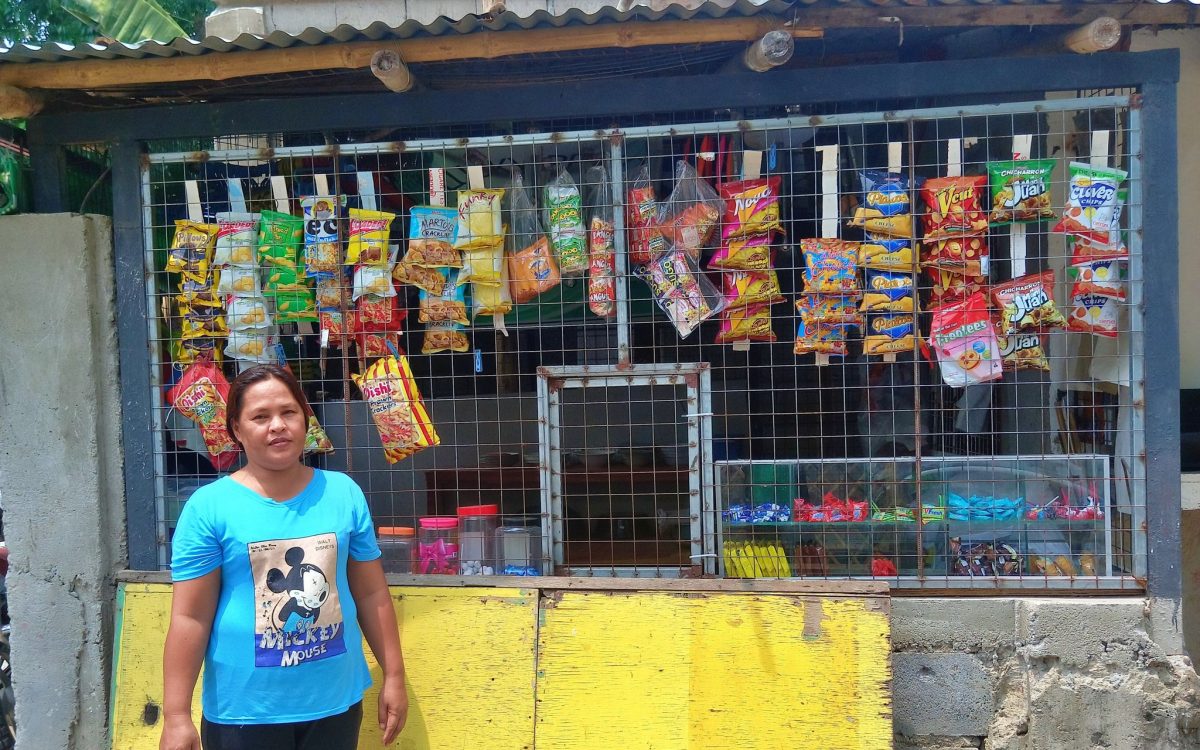
We continue to empower more women through our microfinance program in the Philippines. We opened a new microfinance group in Bayan-Bayanan, one of the barangays in Dinalupihan, Bataan.
 45 SHARES
45 SHARES25 January, 2024
CAPTIVATING VILLAGE PROJECT | EDUCATE GIRLS | END POVERTY | NEPALFrom Hardship to Hope
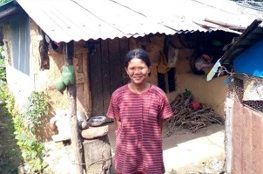
Grishma Rai is one of the Nepali girls that we support in the Captivating Village Program. In 2023, the Captivating Village Program initiative reached 18 villages in Nepal, and one of those that we have reached is Grishma's village.
 24 SHARES
24 SHARES14 December, 2023
EDUCATE GIRLS | END POVERTY | PHILIPPINES - MANILA SLUM PROJECTBreaking from the Cycle of Poverty
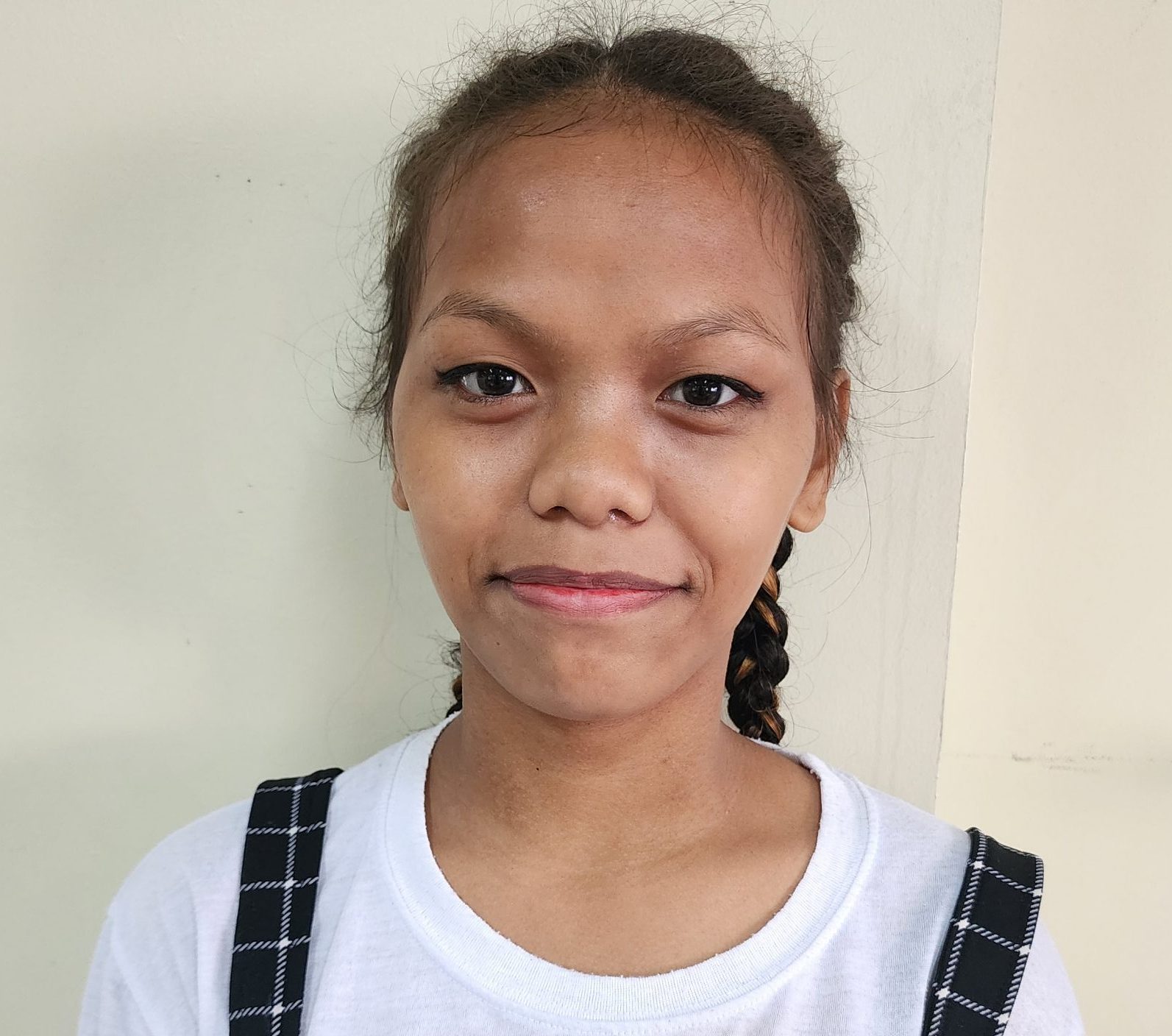
Jennelyn’s mom and sister got pregnant during their teenage years.
 16 SHARES
16 SHARES



